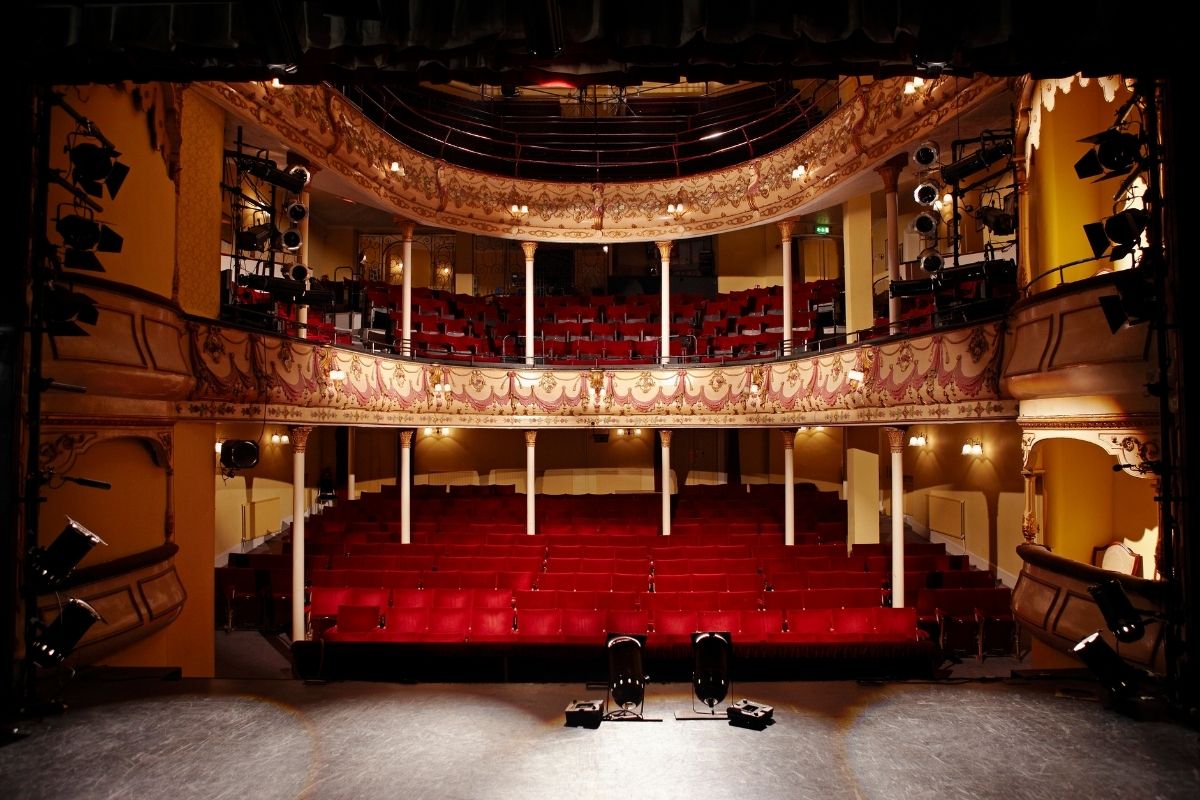Harvey Young: A Long History of Performing Arts Citation

What many people don’t realize is that many of the greatest artists in history just borrowed the ideas of other artists. This fact looms large in all art forms, including literature, painting, music and, certainly, theater.
Historical Inspiration
Let’s start, for example, with William Shakespeare. People often think of William Shakespeare as the most original, brilliant playwright of all time until they dive into the origins of his works. Yes, he was quite a talented figure, but all of his works were tied into and inspired by source material. Many of his writings were adaptations of previous plays by other playwrights. They also contained elements from the adventures, stories and mythologies attached to famous figures from particular time periods, such as real kings and queens.
Contemporary Examples
This same type of borrowing occurs in contemporary theater. What I love about contemporary theater, especially Black theater and American theater, is that you see these references play out. You see the power of adaptation.
Take, for example, “Hamilton.” It’s an adaptation by Lin-Manuel Miranda of Ronald Chernow’s biography of Alexander Hamilton. You can also think about “The Wiz” in this context, right? “The Wiz” is an adaptation of the film “The Wizard of Oz” that was an adaptation of the book of the same name written by Frank Baum. You can see this pattern of citation occurring all over the place.
There are certainly examples in other plays. If you think of August Wilson’s cycle of plays in terms of “Ma Rainey’s Black Bottom,” for example, he captured the cultural mythology around Ma Rainey. He gave that history new life on stage.
If you think of the work of Suzan-Lori Parks, you can see that she loves her repetition revisions. She calls them “Rep and Rev,” which describes how she takes source material and plays with it. She has a couple plays inspired by Nathaniel Hawthorne’s “The Scarlet Letter.” One of them, “In the Blood,” is all about a character named Hester, and how she engages in 21st century society, or late 20th century society, instead of puritanical society. Suzan-Lori Parks explores abuses and expectations around gender that still exist and still pertain to female experiences around the world.
Online Performing Arts Education
With your performing arts education, your explorations of these types of references to historical events, peoples and previous artistic works can help you determine the direction of your own art. As you learn, you may discover that someone had previously expressed something about a topic that’s close to your heart in ways that you want to adapt and make relevant to, for example, your life experiences or modern events. Whatever your reason for making these citations, you must learn how to use them without infringement and appropriately credit previous artists.
